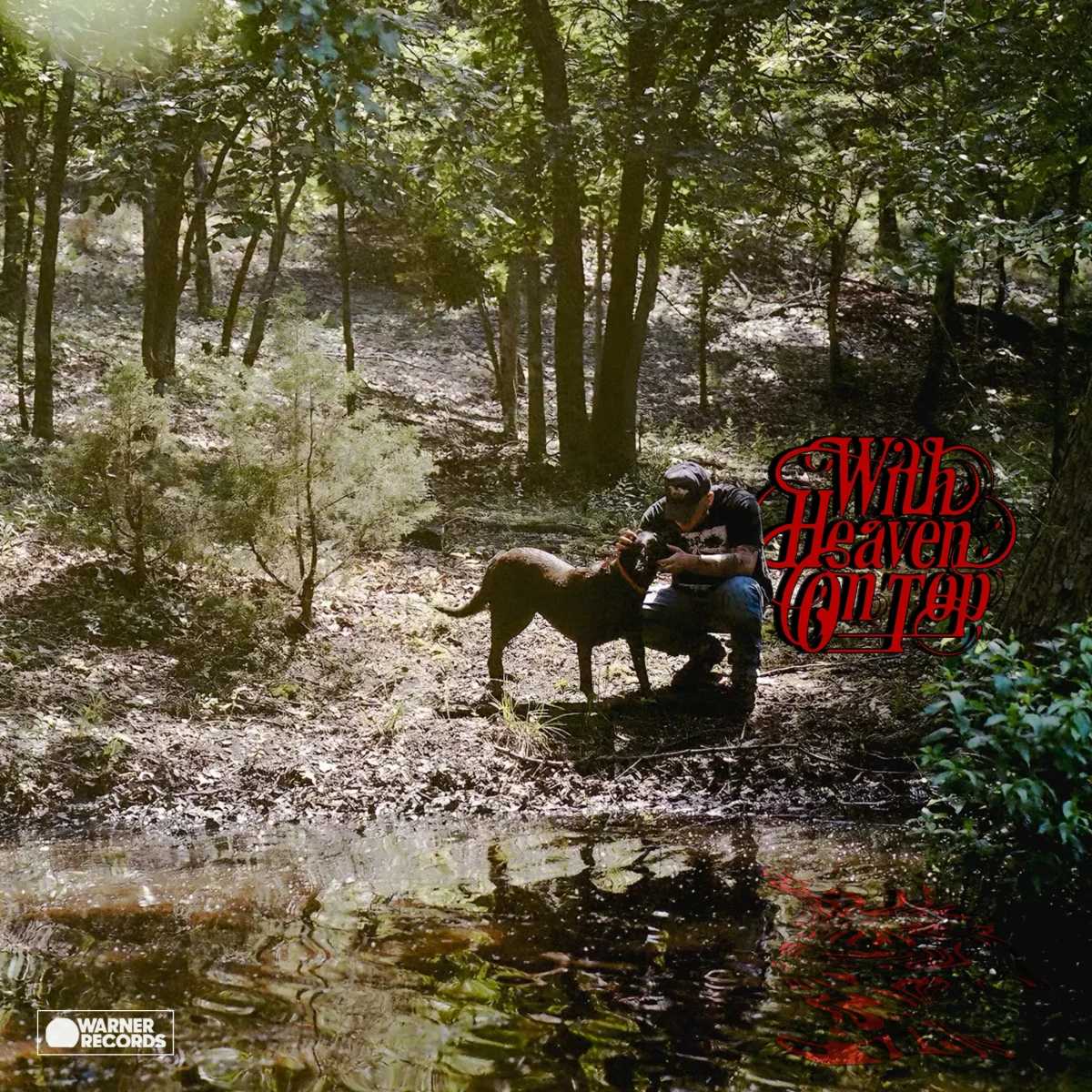
It’s the book that’s been adapted countless times: a mini-series, radio shows, plays, television shows and, of course, movies. Those born between 1915 and 2011 should have a rough idea what “Jane Eyre,” the 1847 gothic novel by Charlotte Bronte, is all about.
The latest storytellers to have a go at the well-known story was director Cary Fukunaga and screenwriter Moira Buffini. In their adaptation, it’s clear they chose to delve into the darker side of the novel.
Orphan Jane Eyre (Mia Wasikowska) is perfectly plain, serious and moral. She exudes bewildered confidence; the perfect candidate for a brooding, bipolar character like Mr. Rochester (Michael Fassbinder).
But it seems it’s the dark stuff – the haunting memories and psychological violence – that turns Fukunaga on. His creepy take on the story – suspenseful and psychological – focuses on the insights around love, rather than the love story itself.
To that end, I never quite fell in love with this adaptation, or with the love between Rochester and Eyre.
There is a dysfunction in Gothic love stories that is comforting and relatable. It’s for the same reason soap opera’s are so popular. We’re told it’s okay to love the person who hurt us, or pine after confusing love. But this adaptation spent so much time in the dark psychology of Jane’s self-sufficiency, that when the sun shone over the couple as they confirmed their love for each other, it was hard to stop thinking, and start feeling.
Also, much of the movie was hard: rocks, barren trees, wind, rain, snow, boarded up windows, cold floors, windy rooms, vast isolated countryside, all to make you feel alone and without relationship to anything or anyone at all. In the words of Jane Eyre, everything was “muted.”
And toward the end as Eyre collapses on a rock, after a fight with Rochester, I was hit with the realization that, in life, a broken heart has nowhere soft to land. Not even at the movies. And after walking out of the theatre I had no impulse to share the experience with anyone.
3.5 stars out of 5





